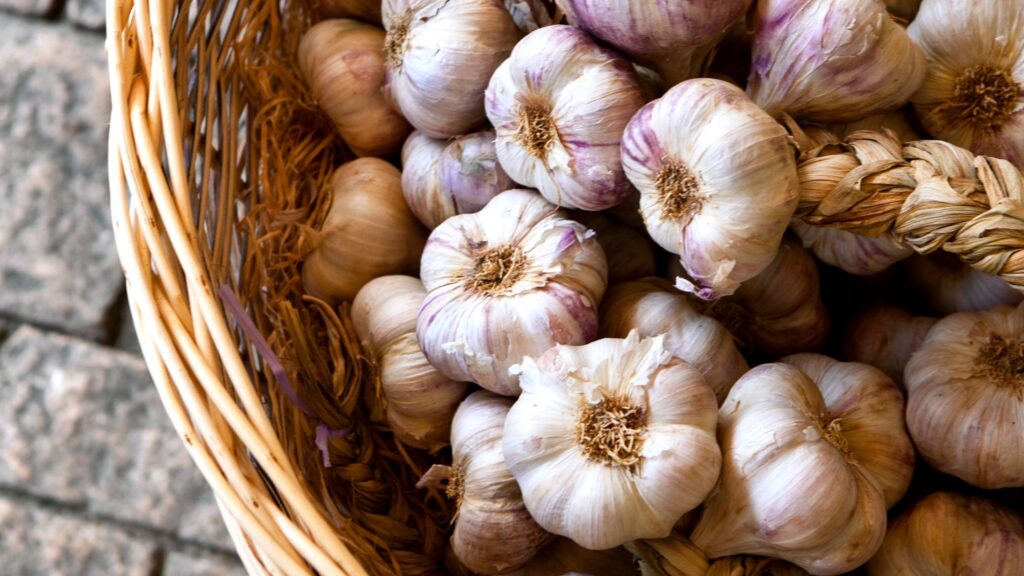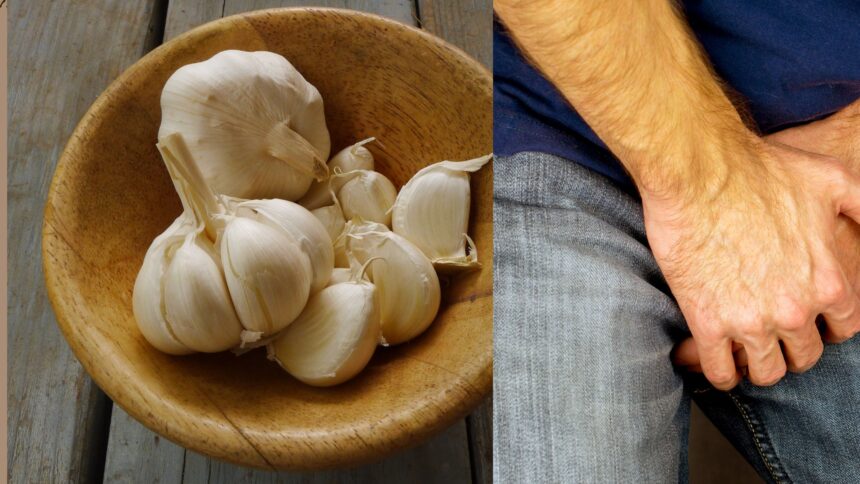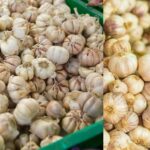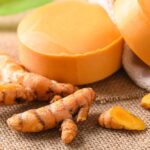Garlic, a staple in kitchens worldwide, is renowned for its distinct flavor and numerous health benefits. From boosting the immune system to improving cardiovascular health, garlic has carved a niche for itself as a superfood. However, a growing body of research suggests that garlic might have another significant benefit: increasing testosterone levels. This article delves into the scientific evidence and explores whether garlic can indeed boost testosterone, providing insights for those curious about natural ways to enhance their hormonal health.
The Importance of Testosterone
Testosterone is a critical hormone in the human body, playing a vital role in both men and women. In men, it is primarily associated with the development of male reproductive tissues, muscle mass, bone density, and the growth of body hair. For women, testosterone also plays a role in bone strength, muscle development, and overall energy levels, although in smaller amounts compared to men.
Low testosterone levels can lead to various health issues, including fatigue, depression, reduced muscle mass, and decreased libido. Therefore, maintaining healthy testosterone levels is crucial for overall well-being. This has led many individuals to seek natural ways to boost their testosterone, and garlic has emerged as a potential candidate.
Garlic: An Overview

Garlic (Allium sativum) has been used for centuries in traditional medicine for its numerous health benefits. It contains a compound called allicin, which is responsible for its distinctive smell and many of its healthful properties. Allicin is known for its antioxidant, anti-inflammatory, and antimicrobial effects, which contribute to garlic’s reputation as a health-boosting food.
Nutritional Profile of Garlic
Garlic is packed with essential nutrients, including vitamins C and B6, manganese, selenium, and fiber. These nutrients contribute to its overall health benefits, making garlic a powerful addition to any diet.
The Link Between Garlic and Testosterone
Scientific Studies
Research on the relationship between garlic and testosterone is still in its early stages, but the results are promising. Several animal studies have suggested that garlic can positively influence testosterone levels.
- Animal Studies: In a study conducted on rats, researchers found that garlic supplementation significantly increased testosterone levels. The study suggested that garlic enhances the production of luteinizing hormone (LH), which in turn stimulates the production of testosterone in the testes.
- Mechanisms of Action: Garlic’s ability to increase testosterone might be linked to its antioxidant properties. Oxidative stress can negatively impact testosterone production, and garlic’s antioxidants help mitigate this stress. Additionally, garlic’s anti-inflammatory properties could help create a more favorable environment for testosterone production.
Human Studies
While animal studies provide valuable insights, human studies are necessary to confirm these findings. Currently, there are limited human studies directly linking garlic to increased testosterone levels. However, the existing research on garlic’s overall health benefits supports its potential role in boosting testosterone.
- Cardiovascular Health: Garlic is known to improve cardiovascular health by reducing blood pressure and cholesterol levels. Improved cardiovascular health can lead to better overall health, which may indirectly support healthy testosterone levels.
- Stress Reduction: Chronic stress is a known factor that can lower testosterone levels. Garlic’s ability to reduce stress and promote relaxation could help maintain healthy testosterone levels by mitigating the negative impact of stress.
How to Incorporate Garlic into Your Diet
If you’re interested in exploring the potential benefits of garlic for testosterone, incorporating it into your diet is easy and delicious. Here are some practical tips:
- Raw Garlic: Consuming raw garlic is one of the most effective ways to maximize its health benefits. You can add minced garlic to salads, sauces, or dressings.
- Cooked Garlic: While cooking garlic can reduce some of its allicin content, it still retains many of its beneficial properties. Add garlic to soups, stews, stir-fries, and roasted vegetables.
- Garlic Supplements: For those who find the taste of garlic too strong or inconvenient, garlic supplements are an alternative. However, it’s essential to consult with a healthcare provider before starting any supplement regimen.
Potential Side Effects and Precautions
While garlic is generally safe for most people, it can cause side effects in some cases. Common side effects include bad breath, digestive issues, and allergic reactions. Additionally, garlic can interact with certain medications, such as blood thinners, so it’s crucial to consult with a healthcare provider before significantly increasing your garlic intake or starting garlic supplements.
Conclusion
The question, “Does garlic increase testosterone?” remains a topic of ongoing research. While animal studies provide promising evidence, more human studies are needed to establish a definitive link. However, the existing research on garlic’s overall health benefits, particularly its antioxidant and anti-inflammatory properties, suggests that it could play a supportive role in maintaining healthy testosterone levels.
Incorporating garlic into your diet is a simple and effective way to enjoy its numerous health benefits. Whether you choose to consume it raw, cooked, or in supplement form, this potent superfood can contribute to




